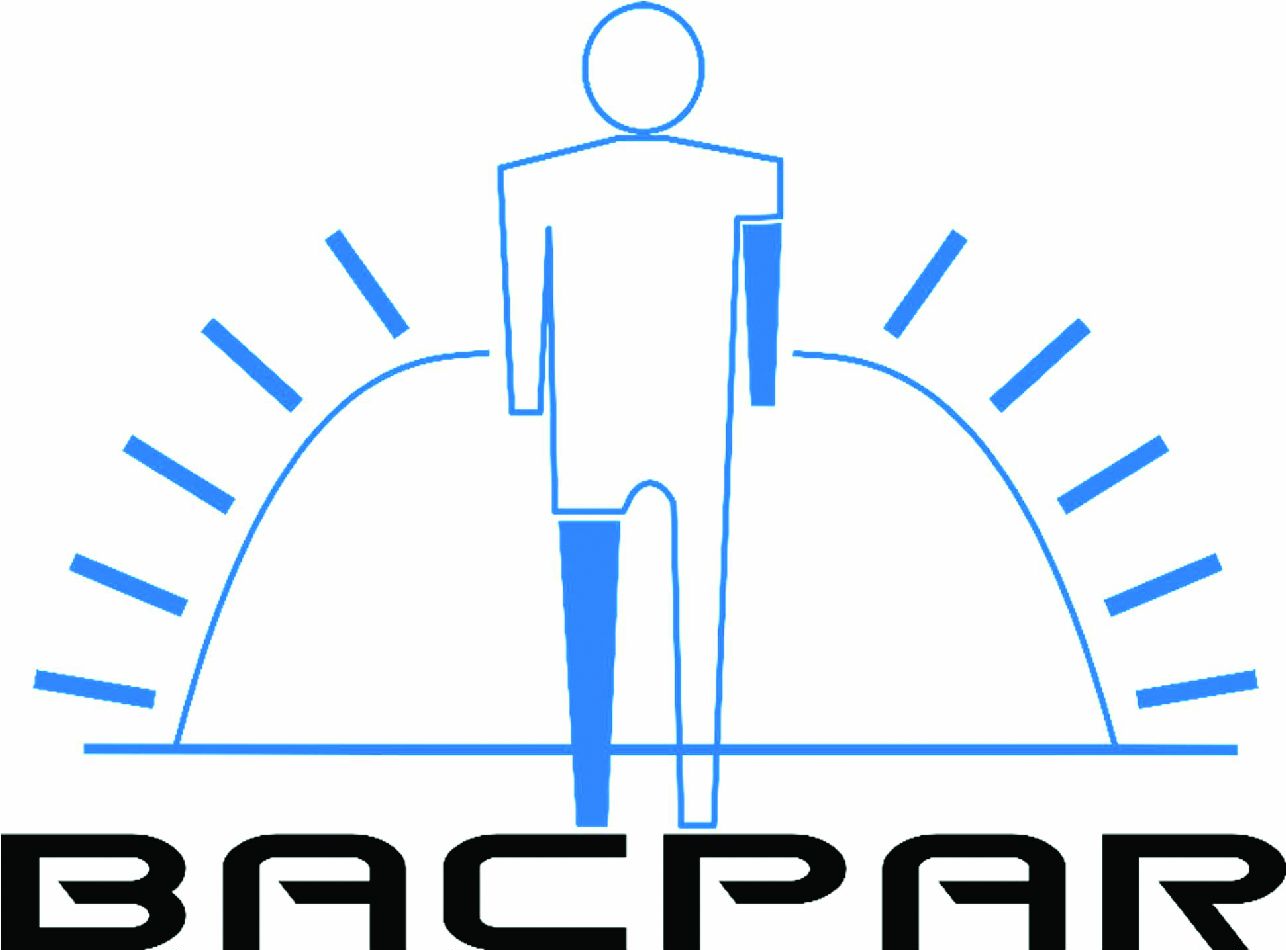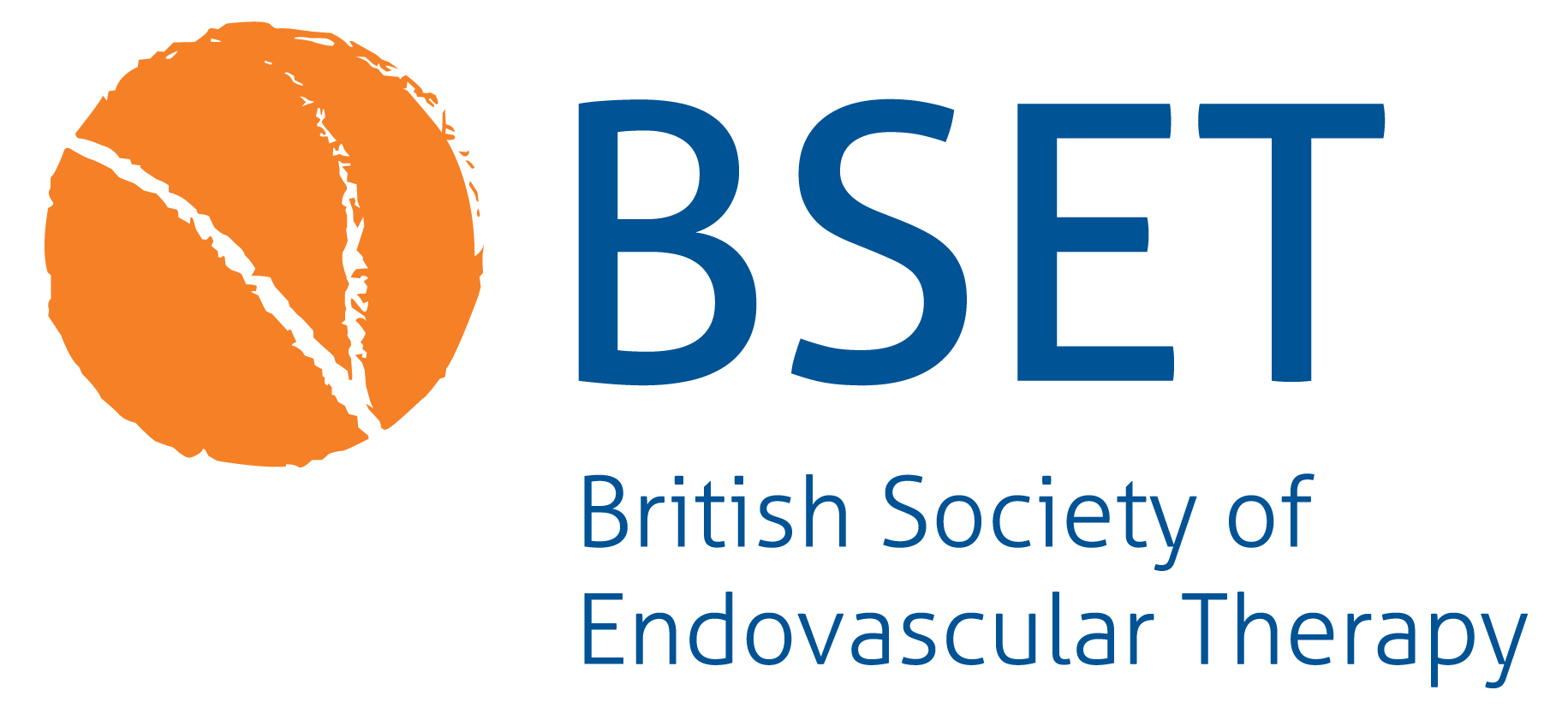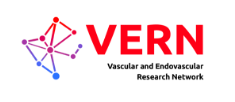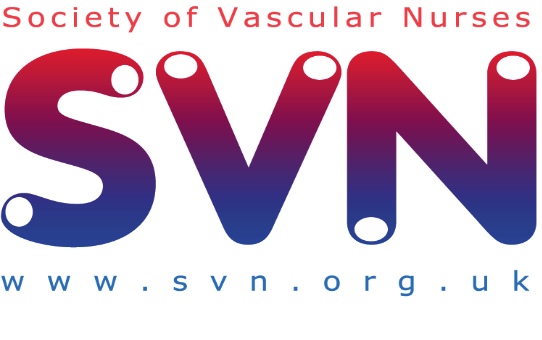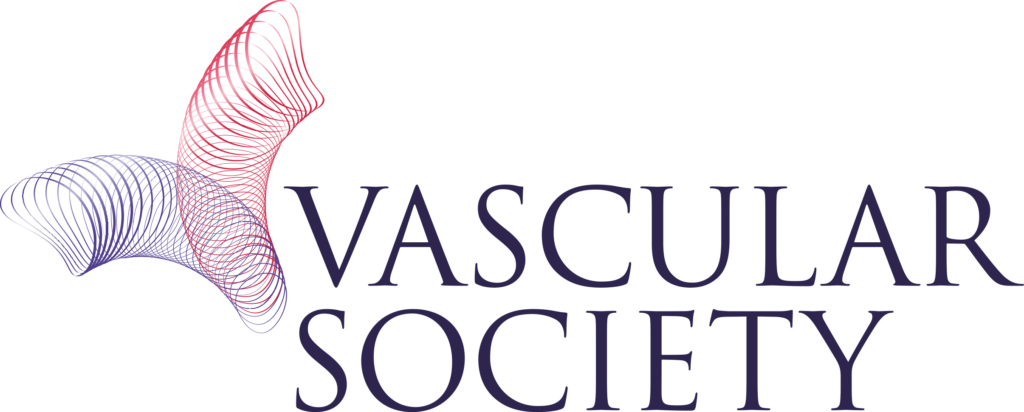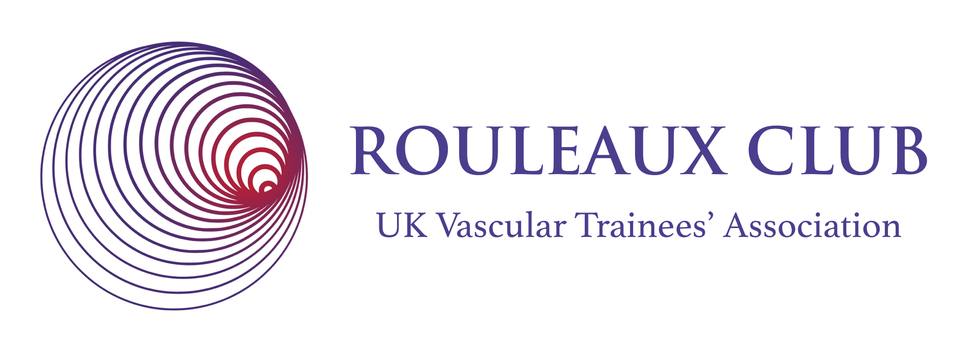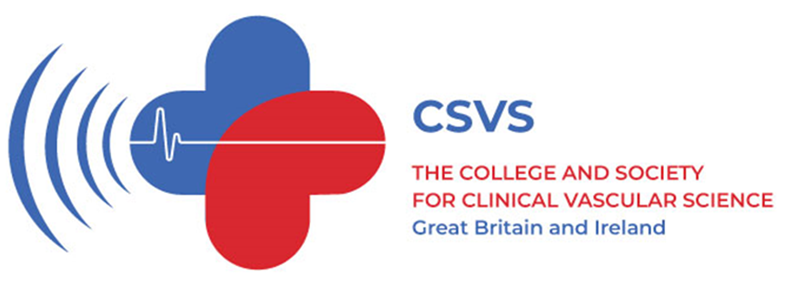EDITORIALS
Neither here, nor there, but all good: my personal journey with respect to Equality, Diversity and Inclusion
Bhasin N
This invited editorial is an adapted version of a talk on Mr Bhasin’s Twitter Feed originally recorded for the EDI module of the Calderdale and Huddersfield NHS Foundation Empower Leadership Programme.1 It has also been presented at the Vascular Society of Great Britain and Ireland and Rouleaux Club Joint Symposium on Equality, Diversity and Inclusion, and at a session entitled ‘Resolving Conflicts in Identity and Belonging in Second Generation British South Asians’ as part of South Asian Heritage Month.
I am delighted to have been asked to write an editorial about Equality, Diversity and Inclusion (EDI). It speaks to me that attitudes are hopefully changing, with individuals and organisations making this a core priority. Across the globe we have seen high profile examples of racism, inequality and privilege. This is not right, and there is no reason my melanocytes should determine my treatment or how I am perceived. The same is true of any protected characteristic.
In writing this I have two aims. The first is to ask people to step into my shoes, think about what you are reading, how that makes people feel and hopefully become an ally, taking a proactive stance on shifting the dial. The second is to make people feel seen when they read this, embrace your journey, be proud of your diversity and experiences, see your diversity as your strength. I understand the following are my experiences, my perceptions, my thoughts, and we all have our own individual journey. That blend of gender, age, ethnicity, sexual orientation, socioeconomic background makes us all individual and aligns with the concept of intersectionality.
As I have struggled with identity and belonging for years, I have titled my journey, ‘Neither here, nor there, but all good’. In terms of structuring this piece, although it is not how it is traditionally used, within our organisation we have a quality improvement methodology called the ‘Three Rs’. I am going to recount stories to establish my ‘Reality’. I will then describe the ‘Response’, which gives you the ‘Result’ of where I am today.
Dad came to England in 1966 after qualifying as a doctor and, as were the rules at that time, arrived with £3 in his pocket and a 20 kilogram suitcase. He aspired to be an orthopaedic surgeon and play cricket socially, but how he was treated due to his ethnicity led him to give up on his aspiration and his main hobby. Mum soon followed dad to England. Mum has a degree in English and can absolutely sound like the Queen when she is on the telephone. When Dad was working, Mum used to ring round to find accommodation for them. They had the experience of going to a house, the person opening the door, looking at them, and then just saying, “Well, you didn’t sound like one of ‘them’ on the phone”, and then just shut the door in their face.
I grew up as the youngest of three children and felt loved, secure and happy. I grew up in Huddersfield with Dad’s GP surgery on the side of our house, and this is when there was the first joke about my ethnicity. The joke was that I was a ‘posh Indian’; the stereotype at that time was that Asians came over, set up a corner shop and lived above their corner shop. I was a ‘posh Indian’ because I didn’t live above a corner shop, I lived above a surgery. Occasionally Dad’s parents, Dada ji and Dadi ji, came to live with us and Dadi ji would make breakfast. I would wake up to the sound of a pressure cooker and the smell of freshly made parathas. However, I was conscious because my coat was hanging on a peg near the kitchen and I was worried about getting on the school bus smelling of Indian food, and how people would perceive that, and perceive me because of that.
I grew up badly dressed and did not own a pair of jeans until I was 16. I grew up eating Indian food, celebrating Indian ceremonies and surrounded by Indian friends. As a family we had two English language films on VHS, the ‘Sound of Music’ and ‘Star Wars’. I can still sing every word of the songs in the ‘Sound of Music’, and I get a little bit over-emotional when I see an X-wing! After the school holidays, friends would describe their trips to Disneyland and the restaurants they ate in. We had driven to Germany in our car to see family members and eaten aloo gobi from a foil container in a service station by an autobahn. They were happy times, but it made me hesitant, feel isolated, like I did not fit in.
Another one of Dad’s aspirations was to own a maroon Mercedes, and after an immense amount of hard work and sacrifice he achieved that. However, Dad went out in the morning to find the word ‘P*ki’ graffitied all the way across our garage and someone had urinated on the car. Despite that I was in a bubble, my parents never let me feel unsafe and I was happy.
I then moved to college and started to develop a racial awareness. There was a group of Asian kids at college who were only friends with other Asian kids. Due to my diverse friend group, they abused me. I was called ‘coconut’ or ‘Bounty’, meaning brown on the outside and white on the inside, insinuating I was betraying my heritage or not being true to my skin colour. I then started to socialise more widely and was almost apologetic for my ‘different’ name. Regularly I hear various pronunciations of my first name, such as ‘knee rash’, and with my surname regularly getting ‘Basin’ or ‘Bashing’. The worst is when people say, “That’s just too complicated, I’m just going to call you Bob”. I will not accept that. The other question I get asked is, “Where are you from?” I’ll say I’m from Huddersfield, and they respond “No, where are you really from?” I would say, “OK, I was born in Kent, but I moved to Huddersfield when I was a year old”. That is clearly not the answer they are looking for.
After University in London I came back to Yorkshire and did my first SHO job in A&E. That is when I was attacked by a patient because they didn’t want to be treated by a ‘P*ki’. Also, for those patients who could not speak English, I tried to talk in Hindi. My white colleagues were amazed that I could do this, and those doctors that were on the ward round with me, who perhaps came from India, smirked to each other due to my accent and broken Hindi, coming back to the coconut scenario. Over the years I had the standard shouts of “Go back where you came from”, getting bumped into in bars, and got threatened with a stabbing in London because I had a white girlfriend. I recount all of that as if it is normal and accepted.
These events meant I do not feel complete belonging in England, so ‘neither here’.
As a young adult I went to India alone for the first time and that is when things got interesting. Although I absolutely loved it, I realised I didn’t fit in there either. I stuck out because of my clothes, my approach, my accent. So, my ‘Reality’ is, I do not feel complete belonging or acceptance in England or in India – ‘neither here, nor there’.
There will be people reading this who are thinking ‘it is different now’, ‘things are better’, I have a ‘chip on my shoulder’, so I thought it may be useful to outline some recent information and, for those who want to become allies who may not have been touched by this, consider how the following makes people feel about themselves and their careers:
• 95% of doctors who died from COVID-19 were from a BAME (Black, Asian and Minority Ethnic) background.2
• For all grades, BAME doctors are almost twice as likely as white doctors to have personally experienced discrimination at work from a manager, team leader or other colleagues.3
• BAME doctors are under-represented in consultant, clinical director and medical director roles.3
• BAME doctors were twice as likely to receive a complaint or be referred to the GMC compared to their white colleagues.3
• BAME staff at an NHS trust were told to use ‘Western names’.4
• White doctors in London are six times more likely to be offered jobs than black doctors.5
In terms of the ‘Response’, my two elder siblings grew into a corporate lawyer and a fast jet fighter pilot. I did not identify them as role models, but they removed the perception of a glass ceiling, they prevented boundaries entering my head, and they showed me that there were no limits. The response was not intentional, but to overwhelm all the negativity from the ‘Reality’, the vast majority of people were brilliant! I made friends in college who I stood side by side with and continue to do so after 30 years; one of them asked me to be best man at his civil partnership. At university, whether it be in the accommodation, on rugby, hockey or cricket pitches, in lectures, in the bar, I never experienced any prejudice.
Groups of people made me realise it did not matter what I was. I realised that good people accepted me for who I was, and for those who did not, it was not my problem.
I joined an outdoor bootcamp for exercise. This was made up of very different people, different backgrounds, different jobs, and that made me quite conscious and anxious. It was one of the best things I ever did. That diverse group of people embraced each other, helped each other physically and mentally, built each other up and gave each other huge amounts of confidence. Then a friend asked me to be a godparent to their baby, investing more in who you are than the colour of your skin. I met more people who gave me the confidence to walk into any room and be proud of myself, be proud of my experiences and be proud of my diversity.
I then met someone who enhanced that, who gelled that pride and confidence together and brought a strength to it. Someone who embraces and respects all that is good about sharing and blending those cultures and created a family of diversity.
That is all personally, we spend a lot of time at work and those statistics I outlined earlier are work related. I had a chance meeting with a consultant who took me under his wing as a junior doctor, he took me to the point where I was ready to be a consultant, and now works alongside me as a peer in the region. Along with certain other colleagues and consultants, I knew that if I worked hard, if I hit the expected standards, I would be fine, the colour of my skin was never a question. All that counted to these people were my professional and personal qualities.
Then I became a consultant and got to the point where I realised that the best way of changing things is from the inside, to get involved. So I applied for a role as Associate Medical Director and was given the opportunity to lead. It was at this stage I further developed that racial awareness. It developed into the fact that I was aware I had a responsibility to help others, but I was clear I did not want positive discrimination for myself or others. I wanted to be in a room because I was a right person for the job. I did not want to be in a room because I felt I was fulfilling an organisation’s target. However, you cannot be what you cannot see.
These people created a ‘Response’ for me that was much greater than those who created the ‘Reality’. I realised that my differences were a strength. If an elderly Asian lady comes into a consultation with me, I know that I can respond with the same empathy and build the same rapport as if an elderly Yorkshire gentleman comes in and starts his consultation with “Now then”. My differences make me stronger.
So, is the ‘Result’ perfect? No, I’m still conscious when I walk into certain situations, but I take the confidence, pride and strength that has been given to me by others and I will demonstrate behaviours that give nothing to the negative people. Overall, I’m ‘all good’.
Diversity makes you stronger – as an individual, profession and organisation. Our organisation’s workforce has to reflect the population we care for. I hope this editorial will have helped some to step into someone else’s shoes, made them curious, become an ally and move the EDI dial. It is important to challenge yourself and understand if you have privilege, how that has helped you, and how that means you have a responsibility to help others.
Peggy McIntosh described seeing her white privilege as an invisible weightless backpack of special provisions, maps, passports, codebooks, visas, clothes, tools and blank cheques.6 Despite what I have described above, I recognise I have privilege and others continue to have a harder journey and different experiences. My surgical journey will have been easier as a male; I know I have not been conscious in certain environments where my LGBTQ friends have felt uncomfortable, I know due to my accent, clothes, interests, school and university I may be more ‘accepted’ in certain environments than other Asian colleagues.
So, challenge yourself, do you have privilege? Understand if you do, and help others who do not.
For those who these experiences have resonated with, and hopefully feel seen, be confident, be proud, be strong, embrace your differences, embrace your journey. Your differences are your strength; go and become a role model, go and achieve, go and excel.
Article DOI:
Journal Reference:
J.Vasc.Soc.G.B.Irel. 2022;1(3):60-62
Publication date:
April 5, 2022
Author Affiliations:
Neeraj Bhasin Consultant Vascular Surgeon, Calderdale and Huddersfield NHS Foundation Trust, Huddersfield Royal Infirmary, Acre Street, Huddersfield HD3 3EA, UK Email: [email protected]

